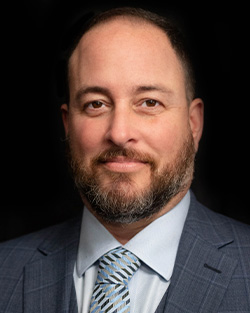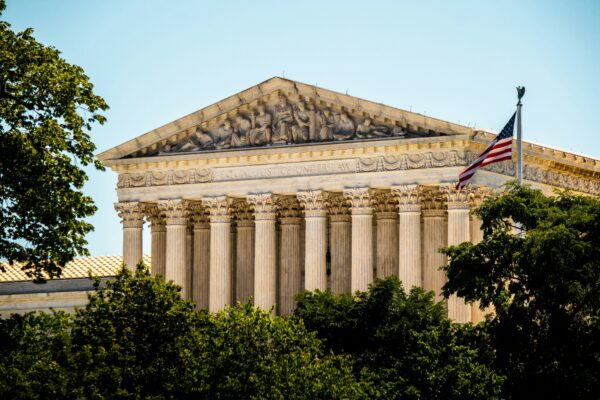How the Right Counsel and Expert(s) Lead to Vindication
Several months back, I was retained by defense counsel in the matter of The United States of America v. Brian James August – criminal NO. EP-21-CR-00912-FM in United States District Court Western District of Texas El Paso Division to serve as a technical consultant and testifying expert. My job was to look at the prescribing habits, and coding/billing practices of this provider to determine if they were out of line with other providers in the State of Texas and with providers of his specialty nationally. My submitted expert report addressed the typical areas prosecutors in these cases focus their attention(s) without having a clear understanding of coding guidelines (AMA) or reimbursement rules issued by payors (CMS and Commercial). They tend to blend them, which is a critical mistake!
Case Background:
In May 2021, a grand jury returned a 15-count Indictment charging Dr. August with violations of the Controlled Substance Act (CSA), Title 21, U.S.C. Section 841(a)(1) in addition to violations of the Healthcare Fraud Statute, Title 18 U.S.C. Section 1347. Subsequently, on December 15 of 2021, a grand jury returned a Superseding Indictment against Dr. August which included additional charges and a notice of the Government’s demand for forfeiture.
The trial was set to begin on September 19, 2022. However, on August 26, 2022, the court vacated the trial setting at the request of the prosecution. The government ran into several issues with their case, the first of those issues was the impact of Ruan v. The United States (This case played a major role in The United States v. Bothra, et al, in which I was also an expert witness). The SCOTUS issued its opinion on June 27, 2022, which vacated the previous guilty verdict against Dr. Ruan and removed the ability to charge an individual without being able to prove beyond a reasonable doubt that they acted in a way that was outside of their prescribing authority. The Court held that a medical practitioner may be convicted under the CSA only if the practitioner “knowingly or intentionally” prescribed a controlled substance for a non-legitimate purpose outside the usual course of the practitioner’s professional practice.
One should also take note that the Court rejected the argument that Section 841 punishes a practitioner if they failed to make an “objectively reasonable good-faith effort” to prescribe controlled substances in an authorized manner. Because of this, the government could no longer proceed with their case.
The second issue the government ran into was with respect to the Health Care Fraud charges (Indictments for violation of 18 U.S.C Section 1347, Health Care Fraud resulting in death and without the enhanced language). The issue is that the number and manner of the charges mirrored the drug charges and relied on the same evidence. This means the government arguments for both sets of charges were basically the same, which created a big problem since courts have recognized that when the healthcare fraud counts and dispensing controlled substances counts mirror one another and rely on the same evidence, the charges are inextricably intertwined (United States v. Ignasiak, 667 F.3d 1217). In Ignasiak, the court concluded that the healthcare fraud charges could not stand on their own given the relationship between the controlled substances counts and the healthcare fraud counts. My report also focused on regulatory guidance and reimbursement rules issued by CMS to refute the arguments of the prosecution, further calling into question the charges of healthcare fraud. The government also claimed they had an issue with getting one of their experts to testify.
Conclusion:
This was a perfect storm case for the prosecution who, for an extended period, pushed forward with a case that was fatally flawed and highly problematic. In the end, justice was served but it was costly both to the reputation of the provider, to his net worth, and to his overall well-being. Therefore, it is so important that when you are investigated or worse, Indicted, you must have the right team in place to ensure your due process and deliver the outcome that is just!
By Sean M. Weiss, Partner, Vice President, and Chief Compliance Officer

DoctorsManagement is a full-service medical management consultancy and regulatory compliance firm based in Knoxville, TN. Sean has more than 28 years of working on regulatory compliance and health law-related issues ensuring proper support and representation for clients across the country. For more information on Sean or to get help with your audit and compliance issues contact him


























